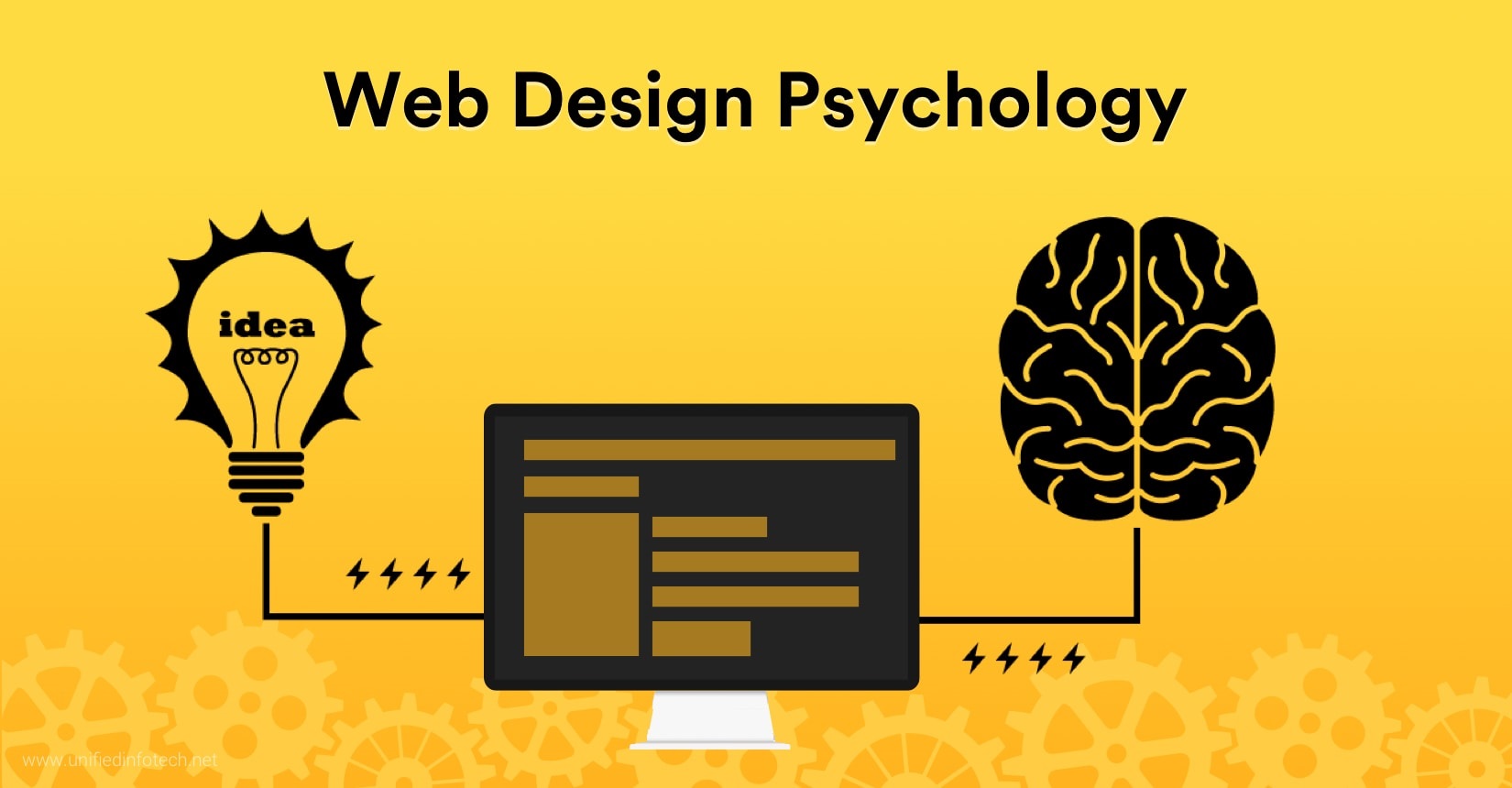Web design is a fascinating fusion of art and science that goes beyond a website’s appearance or functioning. Beyond the colors, typography, and user interface, the domain of web design enters the exciting realm of psychology, significantly influencing user behavior and online conversions. This post aims to unravel the intricate web of psychology in web design, revealing its pivotal role in shaping online user behavior for ‘Kiwi Web Solutions’.
Table of Contents
ToggleThe Intricate Web of Psychology and Design
The online world is a bustling marketplace where first impressions matter, and these impressions are often shaped by website design. From the moment visitors land on a webpage, their perception, experience, and actions are subtly directed by psychological principles embedded within the design elements. This potent mix of psychology and web design can effectively guide user behavior, lead to higher user engagement, and consequently increase conversions.

Schedule a Consultation Now
Color Psychology: A Palette of Influence
In the sphere of web design, color is more than mere decoration; it’s a powerful psychological tool that affects users’ emotions and decisions. Different colors evoke different feelings and perceptions, shaping users’ attitudes towards a brand. For instance, blue suggests trust and security, red evokes urgency and excitement, while green signifies nature and peace. Kiwi Web Solutions, through strategic use of color psychology, can create an online environment that aligns with its brand identity and effectively communicates its message.
Typography and Reading Patterns: Crafting the User’s Journey
Typographical choices, including font style, size, and line spacing, can impact readability and comprehension, thus influencing the user experience. Moreover, designers should be cognizant of established reading patterns like the F-pattern and Z-pattern. These patterns describe the typical path users’ eyes take when scanning a webpage. By placing crucial information and call-to-action buttons along these paths, Kiwi Web Solutions can guide users, enhancing engagement and boosting conversions.
The Power of Imagery: Provoking Emotion and Empathy
Imagery, especially human faces, can trigger emotional responses, thereby influencing user behavior. Faces can generate empathy and trust, drawing users into the narrative of the website. Furthermore, eye direction in images can subtly guide users’ attention towards crucial elements, such as call-to-action buttons. Thus, smart use of imagery by Kiwi Web Solutions can form a compelling emotional connection with users, paving the way for higher engagement and conversions.
Simplicity and Familiarity: Reducing Cognitive Load
Simplicity in web design reduces cognitive load, making it easier for users to process information. A cluttered design can overwhelm users, deterring them from further exploring the website. Similarly, familiarity in design, such as adherence to established web conventions (e.g., logo in the top left corner, horizontal navigation at the top), can make users feel comfortable, fostering positive user experiences. By embracing simplicity and familiarity in design, Kiwi Web Solutions can ensure a seamless user journey, encouraging engagement and conversions.
The Principle of Reciprocity: Cultivating Goodwill
The principle of reciprocity, deeply ingrained in human psychology, implies that people feel obliged to return favors. Applied to web design, this could mean offering valuable content or free trials, creating a sense of indebtedness in users. This perceived obligation can increase the likelihood of users reciprocating, possibly through purchases or subscriptions. By integrating the principle of reciprocity in their online strategy, Kiwi Web Solutions can foster goodwill and cultivate lasting relationships with users, fueling conversions in the process.
Let's Build Your Dream Website

Social Proof: Amplifying Trust and Credibility
Social proof, a powerful psychological phenomenon, suggests that people are more likely to perform actions that they see others doing. In web design, this can be utilized through testimonials, reviews, and case studies. Demonstrating a strong following or satisfied customers can build trust and credibility, influencing users’ decision-making process. Kiwi Web Solutions can harness the power of social proof to instill confidence in their potential customers, promoting user engagement and stimulating conversions.
The magic of web design lies not only in the pixels and code but also in its ability to tap into the human psyche, subtly guiding user behavior and conversions. The profound psychological underpinnings in design elements—colors, typography, imagery, simplicity, familiarity, reciprocity, and social proof—are indispensable tools for ‘Kiwi Web Solutions’ to create an effective, engaging, and conversion-optimized website. By consciously infusing psychology into web design, Kiwi Web Solutions can shape a user experience that not only delights visually but also resonates emotionally and cognitively, ultimately driving successful conversions.




